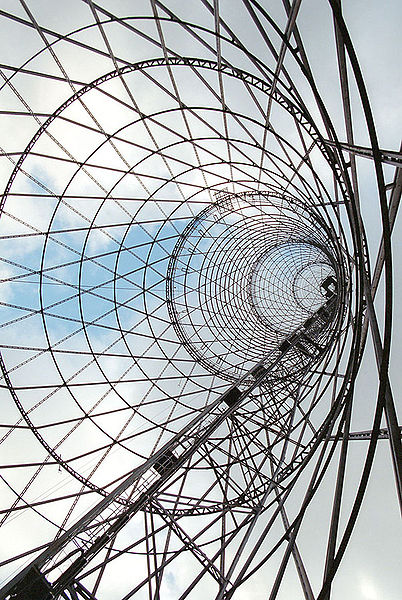Telecommunications in Russia
The telecommunications in Russia has undergone significant changes since the 1980s, radio was a major new technology in the 1920s, when the Communists had recently come to power. Soviet authorities realized that the "ham" operator was highly individualistic and encouraged private initiative – too much so for the totalitarian regime. Criminal penalties were imposed but the working solution was to avoid broadcasting over the air. Instead radio programs were transmitted by copper wire, using a hub and spoke system, to loudspeakers in approved listening stations, such as the "Red" corner of a factory. This resulted in thousands of companies licensed to offer communication services today. Due to the enormous size of the country Russia today, the country leads in the number of TV broadcast stations and repeaters. The foundation for liberalization of broadcasting was laid by the decree signed by the President of the USSR in 1990. Telecommunication is mainly regulated through the Federal Law "On Communications" and the Federal Law "On Mass Media"

Shukhov Tower
InfoCom-2004 telecom exhibit in Moscow
Telecommunication network of the Soviet Union (Data between 1923 - 1948)
Radio stations in the Soviet Union, 1947
MTS, headquartered in Moscow, is the largest mobile network operator in Russia, operating on GSM, UMTS and LTE standards. Apart from cellular network, the company also offers local telephone service, broadband, mobile television, cable television, satellite television and digital television.
MTS logo 2002–2006
An MTS Store in Moscow, Russia
An MTS sales point outside a Moscow Metro station
A VivaCell-MTS Store in Yerevan, Armenia








